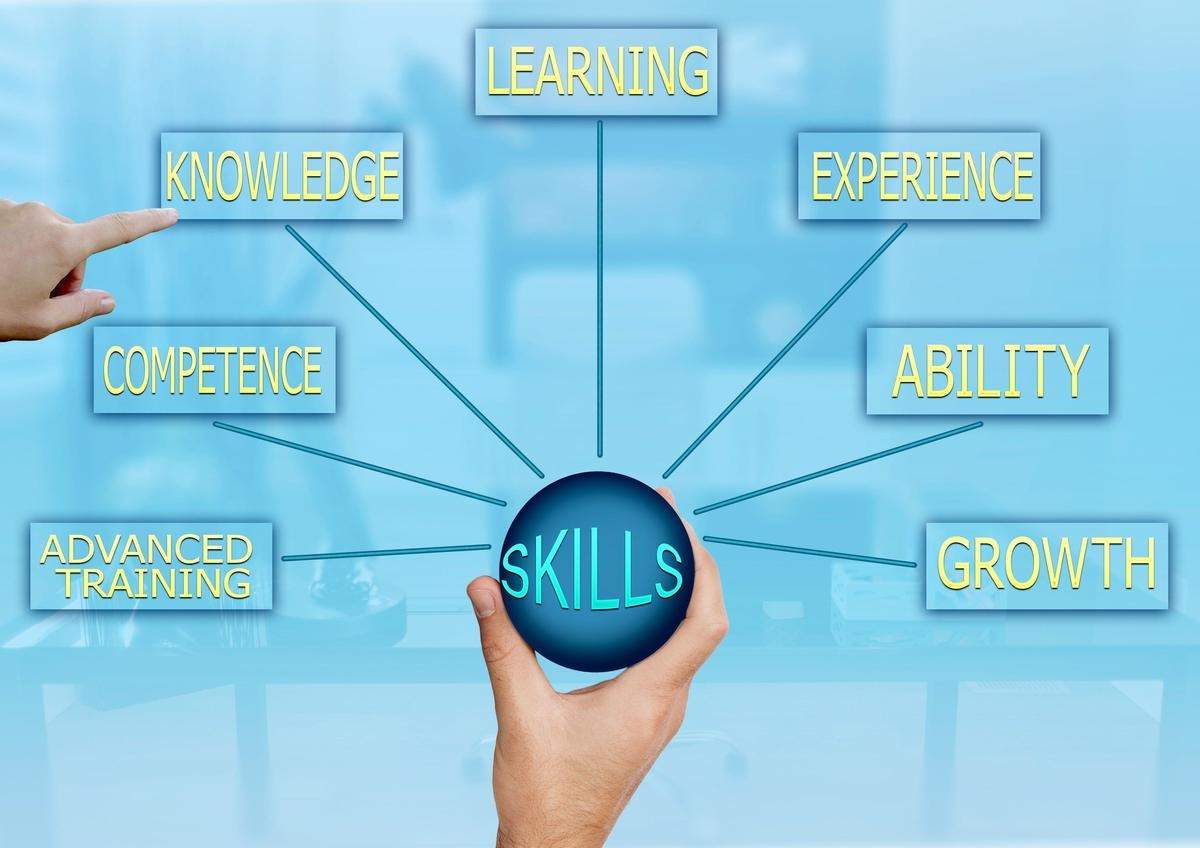The Power of Skills: Higher Education's Profound Impact on Career Trajectories

Skill development courses in higher education are pivotal in shaping not only the future of individuals but also the trajectory of a nation. These courses offer hands-on, practice-oriented learning experiences that drive personal growth, competency building, and contribute significantly to the nation's development. In this blog post, Dr. Supriya Pattanayak, Vice Chancellor of Centurion University of Technology and Management in Odisha, shares valuable insights on how skill development in higher education positively influences individuals and the nation as a whole.

Unlocking Enhanced Employability
- Industry-Relevant Skills:
Skill development courses prepare students with skills that align closely with industry requirements, enhancing their employability. This, in turn, lowers unemployment rates and enables individuals to secure stable and well-paying jobs, ultimately contributing to the nation's economic growth.
Fostering Innovation and Entrepreneurship
- Promoting Creativity:
Skill development fosters innovation and entrepreneurship among students. Equipped with the necessary skills, they can either start their enterprises or contribute significantly to existing ones. Entrepreneurship leads to job creation, economic development, and a more dynamic business ecosystem.
Reducing Dependence on Imports
- Domestic Production:
A skilled workforce reduces a nation's reliance on imported goods and services. Skilled individuals can produce high-quality products and services domestically, promoting economic self-sufficiency and reducing trade deficits.

Enhancing Infrastructure and Services
-
Contributions to Infrastructure:
Skill development courses, especially in fields like civil engineering, architecture, and construction management, produce professionals who contribute to the development of vital infrastructure such as roads, bridges, buildings, and transportation systems. -
Service Sector Advancements:
Skill development in various service sectors bolsters the economy and enhances the overall quality of life for citizens.
Driving Technological Advancements
- Innovative IT and Engineering:
In a technology-driven world, skill development in IT, computer science, and engineering is pivotal. Graduates of these courses can drive technological innovation, including cybersecurity, positioning the nation as a global technology leader.
Promoting Environmental Sustainability
- Environmental Courses:
Skill development courses in environmental science and sustainable development contribute to a nation's environmental protection efforts. Skilled professionals can implement sustainable practices in industries and communities.
Boosting Global Competitiveness
- International Market Competence:
Nations with a skilled workforce are more competitive globally. Skilled professionals adapt to changing market conditions, engage in global trade, and bolster a nation's economic growth on the international stage.
The impact of skill development in higher education extends far beyond classrooms—it reaches into careers, industries, and the broader economy. By equipping individuals with relevant skills and fostering innovation, entrepreneurship, and sustainability, skill development courses are the driving force behind a nation's progress and global competitiveness. As nations invest in skill development, they pave the way for a brighter, more prosperous future for both their citizens and the world.
